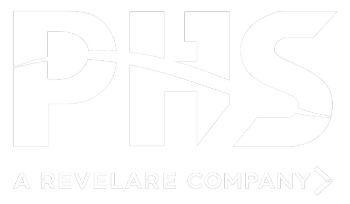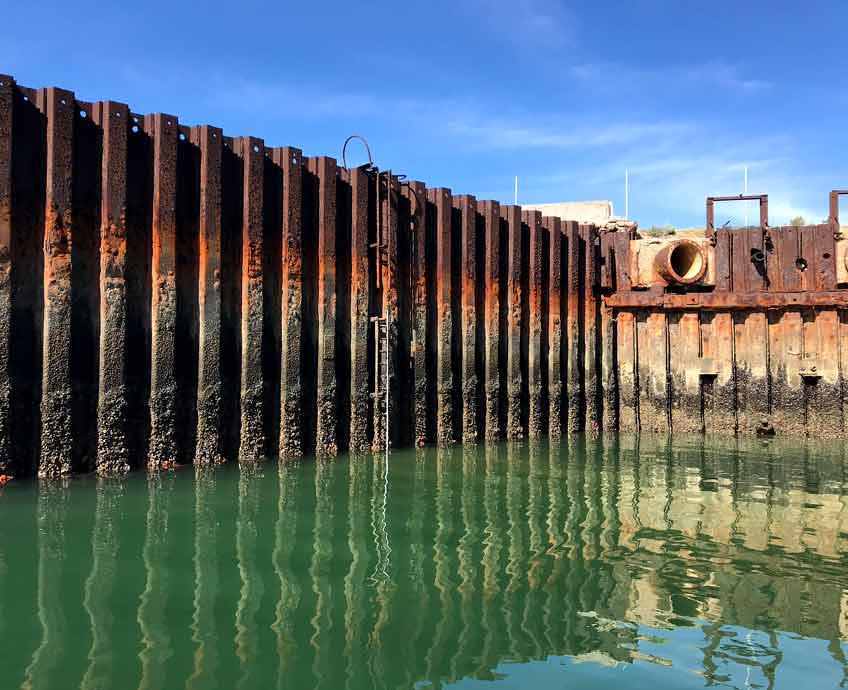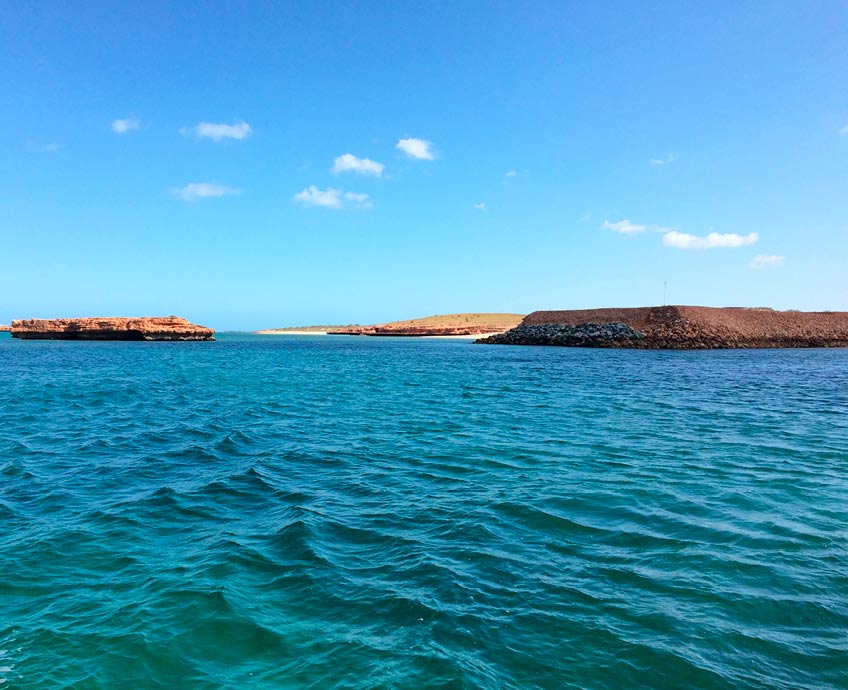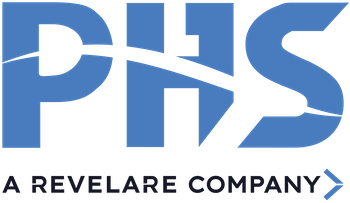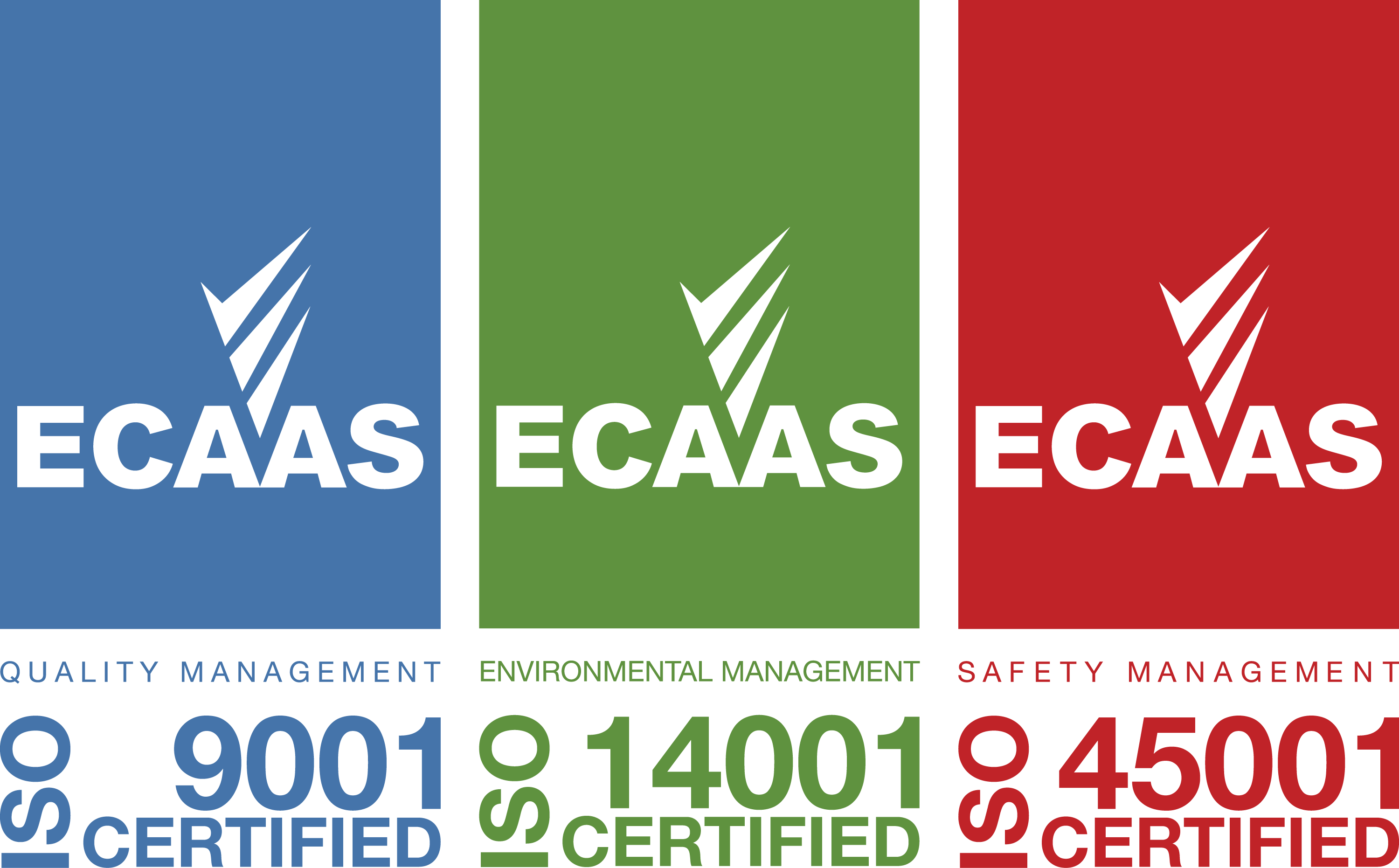Surveys for Coastal Zone and Infrastructure Management
Management of the coastal zone is becoming increasingly important, and any infrastructure projects must consider all aspects of the marine environment. Understanding the marine environment will lead to a well-informed infrastructure project, minimising unexpected costs and problems.
With sea levels rising and the higher frequency of significant weather events, it is increasingly important to have detailed knowledge of the coastal zone before, during, and after any significant changes to the coastal zone.
Hydrographic surveying plays an important role in understanding the coastal zone and includes benefits such as:
- safe navigation,
- knowledge of the seabed and its habitats,
- locating wrecks and other hazards,
- understanding sea levels,
- flood modeling capabilities,
- understanding dredging requirements,
- informed engineering design of infrastructure.
Surveys for coastal zone and infrastructure are ideal for:
As the coastal zone becomes more developed it is crucial to understand how particular human activities are undertaken and what impact they have on marine environments. PHS use modern techniques, including multibeam echo sounders, side scan sonars, and laser scanning systems, combined with added practices, such as sediment grabs, sub bottom profiling, drop camera imagery and metocean observations. This information is integrated to create a detailed and georeferenced picture of the entire marine environment related to a specific project.
